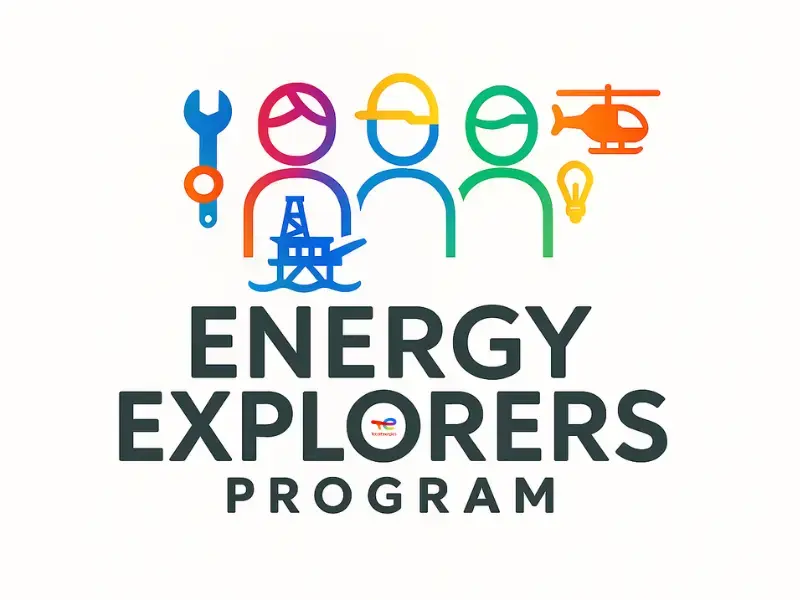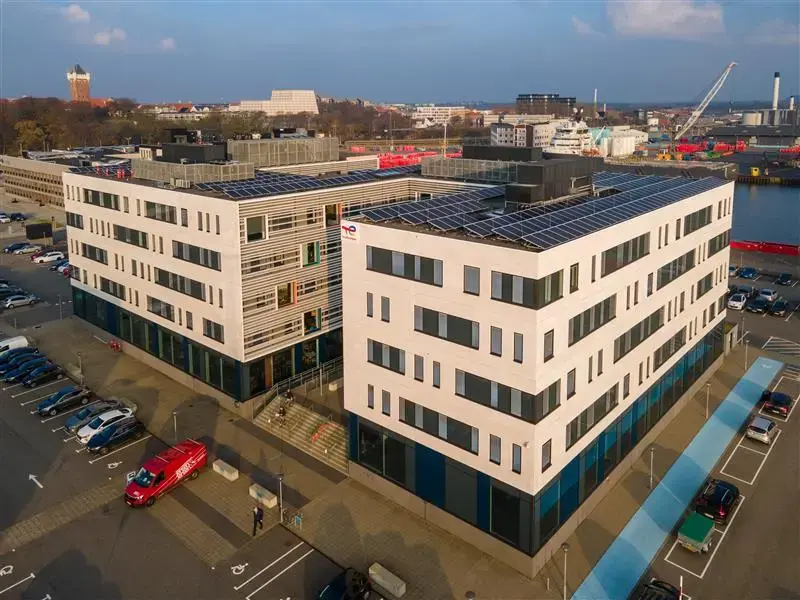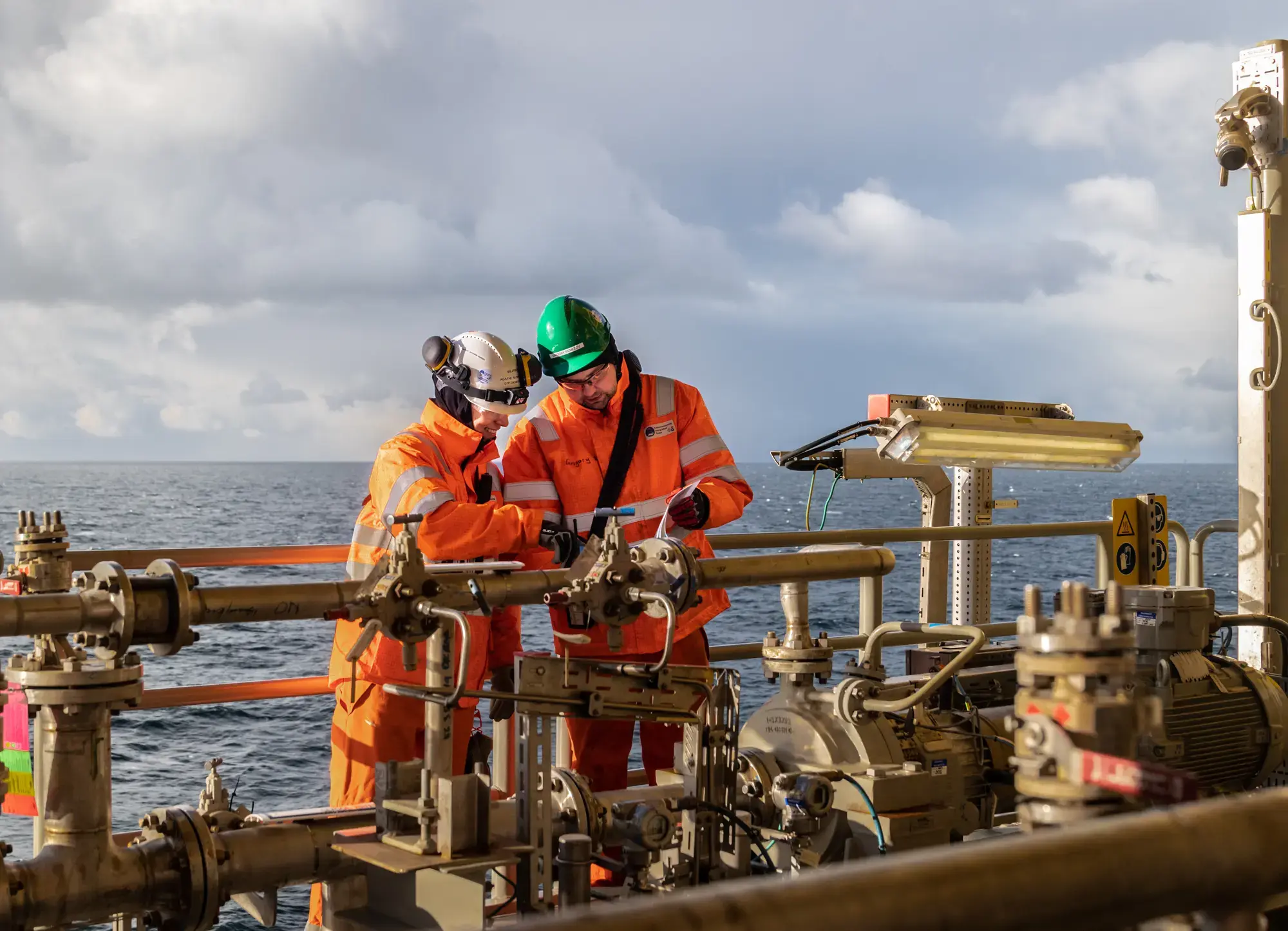We invite your child to take their Work Experience Week with us!
All 8th–10th grade students in Esbjerg Kommune are now required to participate in Work Experience Week (praktik uge) – and TotalEnergies Esbjerg is offering a unique opportunity through our Energy Explorers Program (week 47).
What’s in it for your child?
- Explore real energy projects and technologies
- Meet employees from diverse backgrounds
- Learn how we work with the green transition
- Discover career paths and build confidence
What we expect from participants?
- Curiosity and active participation
- Willingness to share ideas and ask questions
- Respect for safety procedures
Energy Explorers Program
The Energy Explorers Program is an exciting and diverse introduction to the world of energy – tailored for those curious about how the energy of the future is created, shaped, and used.
Whether they're passionate about science and technology, interested in people and problem-solving, or looking for meaning and purpose in what you do – there's a place for them in the Energy Explorers Program.
Who: 8th - 10th grade students in Esbjerg Kommune
When: Week 47 – 17 to 21 November 2025, from 9:00 to 14:30
Where: TotalEnergies, Esbjerg Office, Britanniavej 10, 6700 Esbjerg
Language: Danish
How many: 6-8 children
Questions: Reach out to Anette Kirkegaard


How their week will look like?
- Monday: Kickoff to a Green Future
- Tuesday: Exploring the Depths
- Wednesday: Building Connections
- Thursday: Impact and Innovation
- Friday: Reflect and Celebration
Education Path
What kinds of education do people at TotalEnergies have?
At TotalEnergies, many different people work with various educational backgrounds. Some work with technology and energy, others with office tasks and communication.
Many employees have attended universities or business academies, but there are also people with vocational training, such as electricians, blacksmiths, or technical assistants. Here are some examples:
Engineers: They have studied machines, energy, and how to build and maintain large facilities – such as oil platforms and wind turbines.
Office staff and planners: They have education in areas like economics, administration, or communication. They help manage projects, finances, and information.
IT and technical staff: They have learned about computers, programming, and technical systems that help control and monitor energy production.
Environmental and safety experts: They have education in environmental science, chemistry, or occupational health and safety, and ensure that work is done safely and without harming nature.
